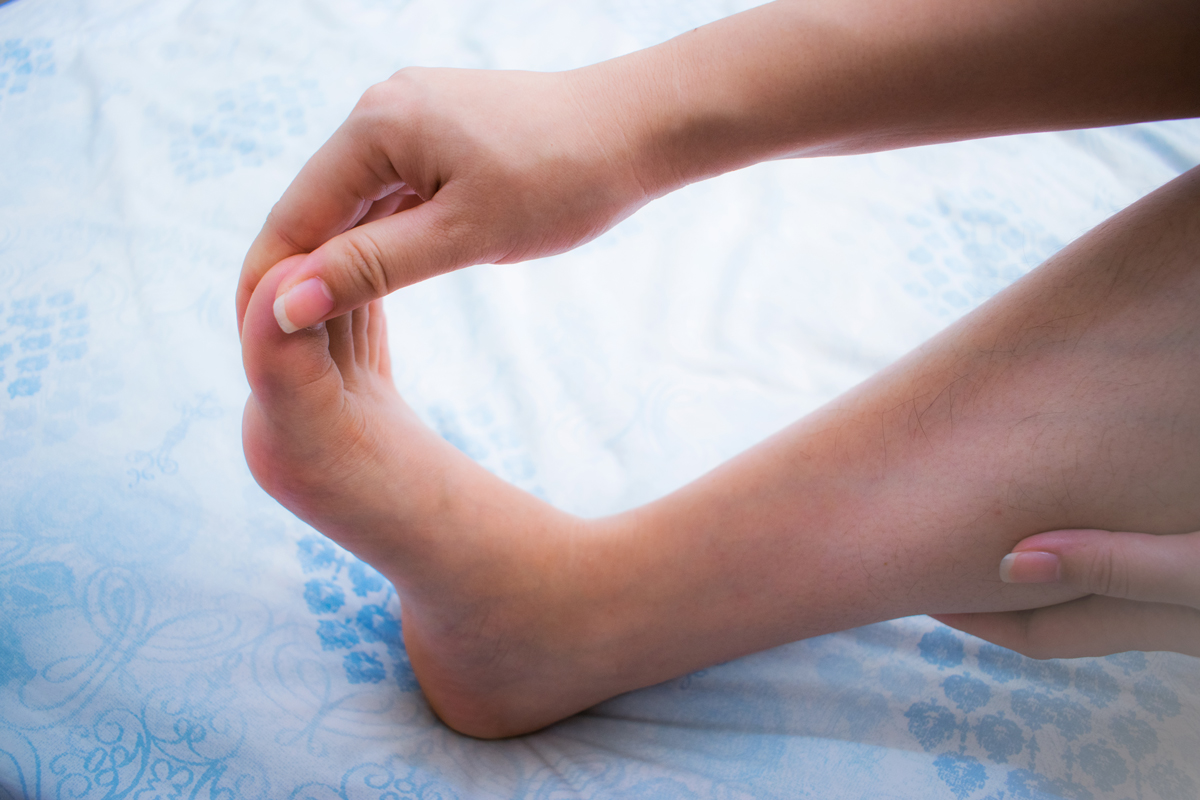
What Causes the 'Pins and Needles' Sensation?

Ever smack your elbow and feel that crawling, tingly numbness that quickly spreads down your arm and a few fingers? What causes those "pins and needles"?
The medical term for the sensation is paresthesia, a word with Greek roots meaning "disordered perception." One of the more common ways to temporarily experience paresthesia is to hit your "funny bone," which really isn't a bone at all but the ulnar nerve that runs along your elbow. In medical terms, hitting the funny bone is called an ulnar nerve contusion.
The ulnar nerve is one of the three major nerves in the arm and hand. It starts in the shoulder and runs down the inner upper arm, around the elbow, down the forearm and ends in the ring and pinky fingers. Where it passes the elbow — the medial epicondyle of the humerus, a bony protrusion of the long humerus bone that forms your upper arm — it has hardly any bone protecting it. A quick blow to the nerve at this juncture sends tingles down the nerve's length, which is why your arm and outer fingers feel numb. [If Blood Is Red, Why Are Veins Blue?]
Other common cases of temporary paresthesia happen when you cross your legs for too long or fall asleep on your arm. The extra weight puts sustained pressure on the nerves in the extremity, which causes the tingling you feel when your leg or arm subsequently "falls asleep."
Hit funny bones and sleeping legs are painful, but at least they don't last very long. Some disorders and diseases may cause chronic paresthesia, including central nervous system disorders such as stroke or multiple sclerosis or tumors pressing on a nerve. In these cases, the burning tingle is constant (or near-constant) and, depending on the situation, it may only subside once the condition is under control.
Original story on Live Science.
Sign up for the Live Science daily newsletter now
Get the world’s most fascinating discoveries delivered straight to your inbox.









